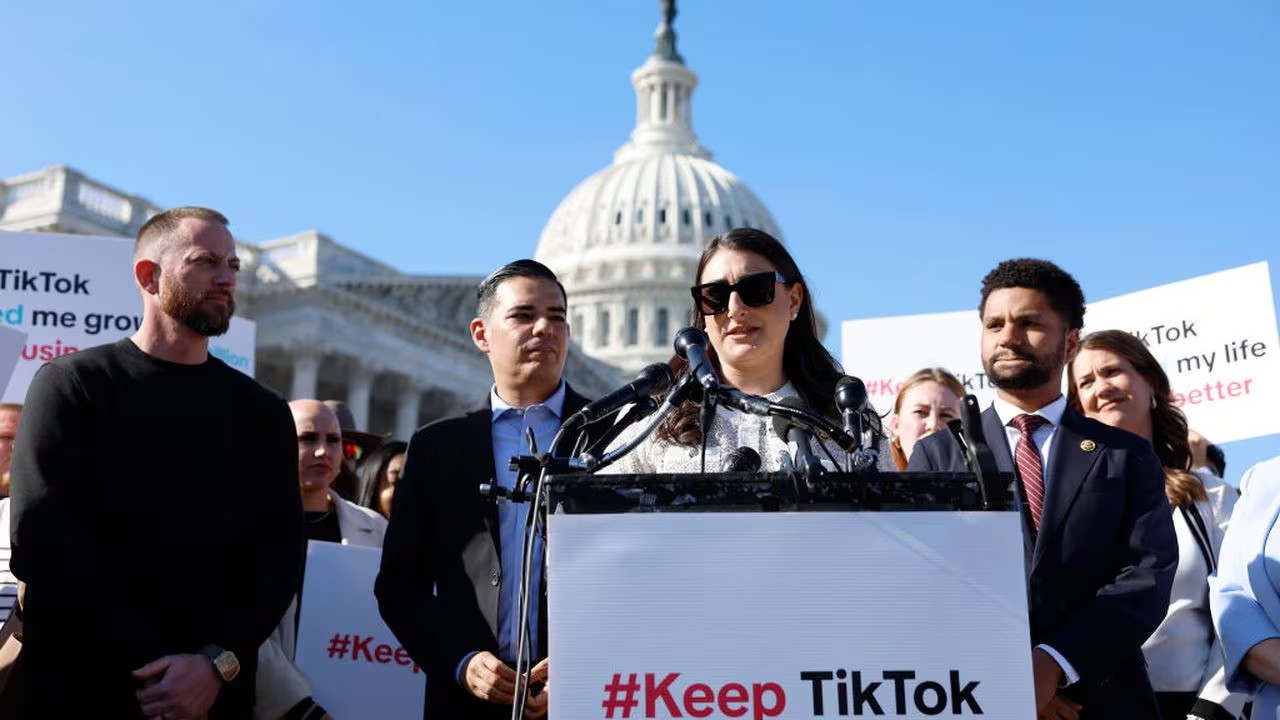Last August, Microsoft Japan decided to conduct a very beneficial experiment for its employees: every Friday off, with no reduction in pay. But that’s not all, as they also limited the duration of the meetings, stipulating that they could not last more than 30 minutes, in addition to encouraging them to be held online. Finally, the staff received a “special leave of absence” which was paid. The result of the experiment is really surprising.
Not only did the change from a five-day work week to a four-day work week generate benefits for employees, but Microsoft Japan was able to achieve an increase in sales during the period of the implementation of the experiment of almost 40%.
All of the above, bearing in mind that Japan has some of the longest working hours in the world. For context, a survey revealed in 2017 that nearly a quarter of companies in the Japanese country had employees working more than 80 hours of overtime per month, often without pay.
Microsoft Japan experiment a “smart break”.
The experiment, which took place this past austral summer, involved 92% of Microsoft Japan‘s employees. The program was named the Work Life Choice Challenge 2019 or by translation, The Work Life Choice Challenge 2019.
During the trial period and compared to the same period of the previous year, electricity consumption was reduced by 23%. And paper printing was reduced by 59%.
The company said that, following the results, they plan to implement a second Work Life Choice Challenge for the winter, but this time it would not offer the same “special license.” What they will then do is encourage staff to take time off and “rest smart”.
The contrast
Looking at the other side of the coin, Jack Ma, co-founder of Alibaba, the Chinese online shopping giant advocates 12-hour workdays. In April 2019, he spoke about the “996” employer, where his employees work shifts from 09:00 to 21:00 hours, six days a week, which he defines as “a blessing”.
“If you come into Alibaba, you have to be willing to work 12 hours a day. Otherwise why do you come? We don’t need those who work eight hours comfortably.”
For their part, many workers in Japan consider that having a part-time or shorter-day job means having to do the same amount of work in less time.
What if you read another interesting article: Artificial Intelligence will replace 40% of jobs by 2035.




